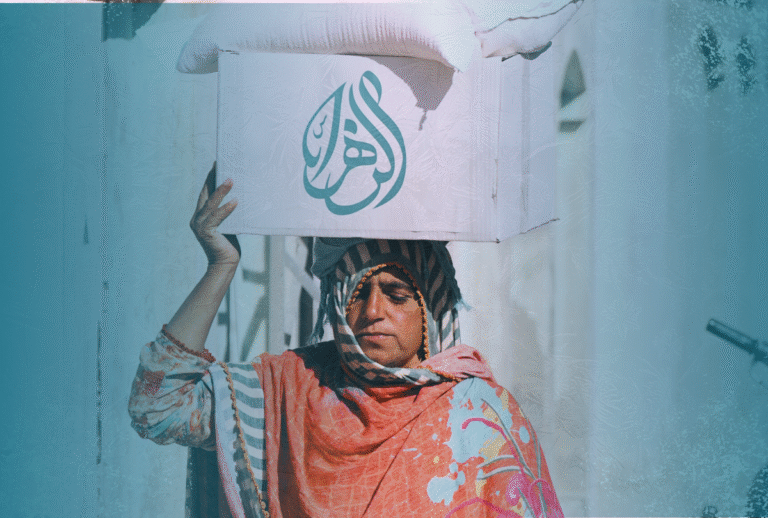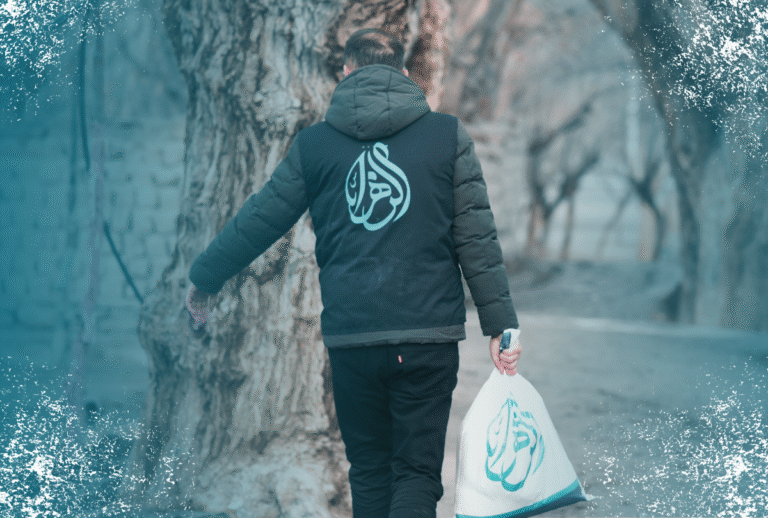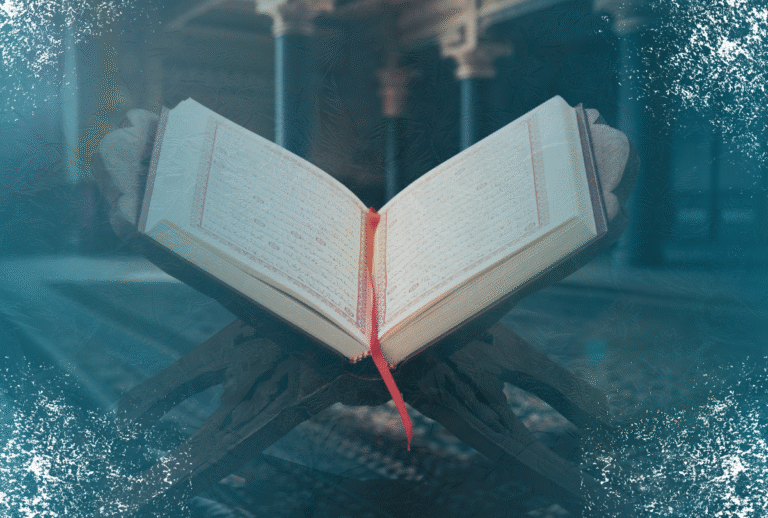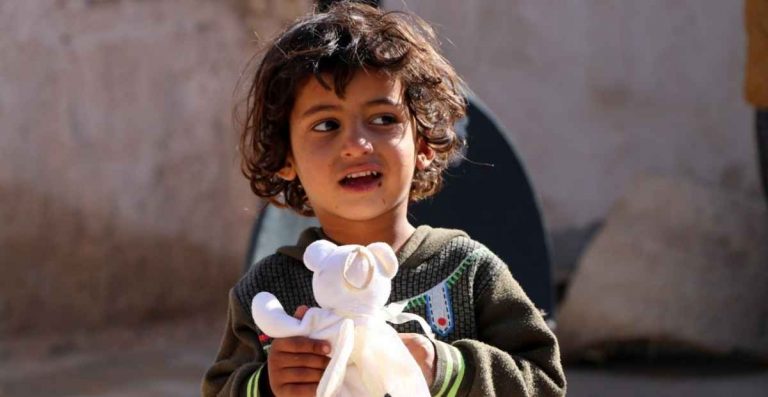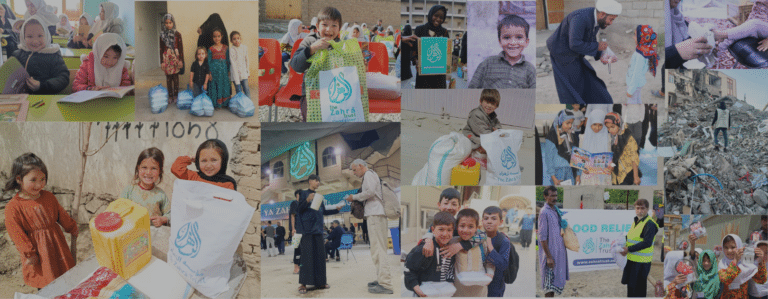The Importance of Learning the Quran
The Quran holds a vital place in literacy and education within Muslim communities across the world.
Described in Surah Al-Baqarah (2:185) as “a guidance for people,” it inspires believers to seek knowledge, read, and reflect deeply.
This sacred text encourages lifelong learning and serves as a foundation for spiritual and intellectual growth.
The Best Speech and Cure
Imam Ali (as) is reported to have said, “Learn the Book of Allah Almighty; for it is the best of speech and the most eloquent exhortation. Get educated through it, for it is the spring of the hearts. Get cured by its light, for it is the cure for everything in the heart. Excel in its recitation for it is the best of stories.” (Tuhaf al-Uqul, n.150)
This hadith highlights the Quran’s unique power to educate, heal, and inspire the heart and mind.
The Quran also describes itself by saying, “We send down (the revelation of) the Quran, which is a (spiritual) healing and a mercy for the believers, and it adds nothing to the unjust but loss.” (17:82)
Learning it brings both spiritual and intellectual benefits.
Lifelong Learning of the Quran
Imam Al-Sadiq (as) is reported to have said, “The believer should be such that he does not die without learning the Quran, or without being engaged in learning it.” (Al-Daawat, p.220, n.600)
This hadith emphasises the importance of a lifelong dedication to the Quran.
It encourages believers to continuously seek knowledge and deepen their understanding throughout their lives, reflecting the Quran’s role as an ongoing source of guidance and wisdom.
Contemplation and Understanding
Imam Ali (as) is reported to have said, “Verily, there is no good in recitation that does not have contemplation in it. Verily, there is no good in worship that does not have understanding.” (Bihar al-Anwar, v.92, p.211, n.4)
This hadith highlights that true learning involves deep reflection, not just reading.
The Quran itself states, “This is a blessed Book which We have revealed to you so that they may ponder over its verses and that the people of understanding minds may be mindful.” (38:29).
Believers are encouraged to ponder its messages to gain real insight and meaningful connection.
Conclusion
The Prophet (saww) is reported to have said, “The superiority of the Quran over any other speech is as the superiority of Allah (swt) over His creation.” (v.92, p.19, n.18)
This reminds us of the unmatched status of the Quran as a source of guidance, wisdom, and light.
Engaging with its teachings nurtures both the heart and the mind, encouraging lifelong learning and reflection.
FAQ
The Quran places great emphasis on reading, learning, and reflection. It is considered a source of guidance and knowledge that nurtures both the mind and the heart, inspiring believers to pursue lifelong education.
Hadiths from the Ahlulbayt (as) and the Prophet (saww) provide insight into the spiritual and practical significance of learning the Quran. They encourage believers to engage deeply with the Quran through reading, understanding, and contemplation.
Learning the Quran develops spiritual growth and intellectual skills such as critical thinking, reflection, and moral understanding. It also brings healing and guidance for personal and communal challenges.
Supporting education provides orphans and vulnerable children with essential knowledge and skills that empower them spiritually and practically. This foundation helps them build confident, productive lives in their communities.
Quranic learning enriches faith while also fostering important skills like literacy, comprehension, and ethical thinking, which benefit learners in all aspects of life.
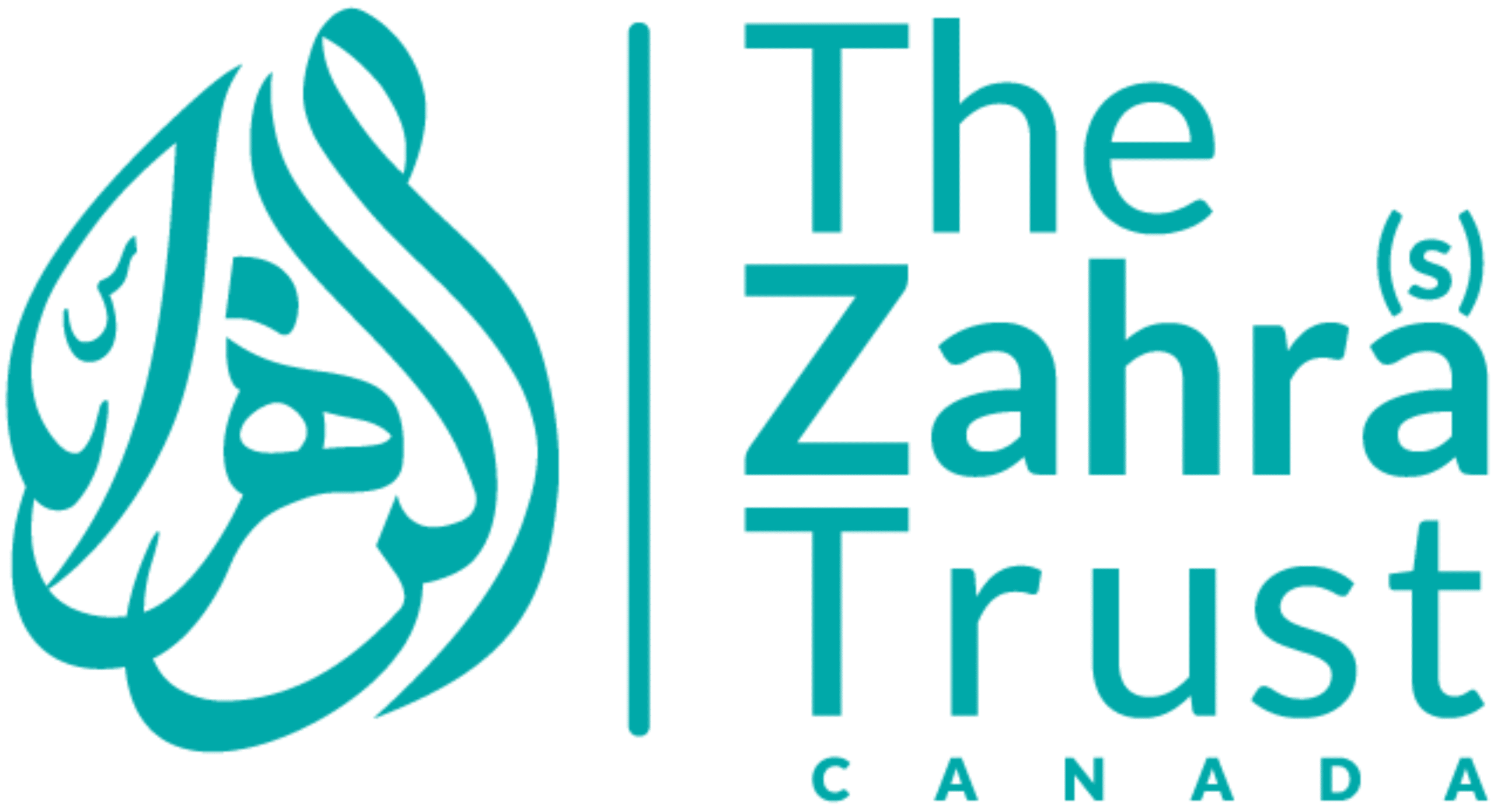

 Donate Now
Donate Now
 Donate
Donate

